News
-
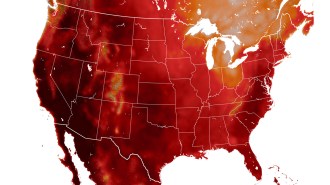 Climate
ClimateClimate change could double U.S. temperature-linked deaths by mid-century
Each year, roughly 8,000 deaths in the United States are associated with extreme temperatures. And as temperatures rise, this number could swell.
-
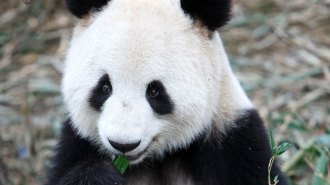 Animals
AnimalsScientists have just turned giant panda skin cells into stem cells
If the pluripotent stem cells can be turned into precursors to egg and sperm cells, the feat could potentially be a big deal for giant panda conservation.
By Jason Bittel -
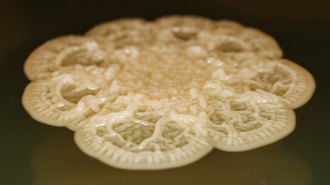 Microbes
MicrobesSome bacteria in your mouth can divide into as many as 14 cells at once
The filamentous bacterium Corynebacterium matruchotii has a unique reproductive strategy that might allow it to claim territory quickly.
-
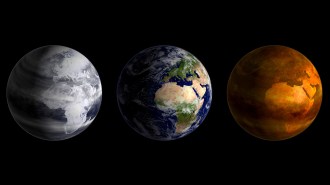 Climate
ClimateEarth’s ancient ‘greenhouse’ conditions were hotter than thought
A timeline of 485 million years of Earth’s surface temperatures shows ancient greenhouse conditions were hotter than scientists thought.
-
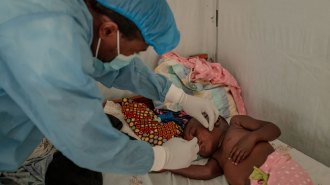 Health & Medicine
Health & MedicineVaccines for mpox are finally reaching Africa. But questions about the virus remain
With concerns that mpox may now spread more easily and be more severe, researchers warn that failing to curb the outbreak means “nobody is safe.”
-
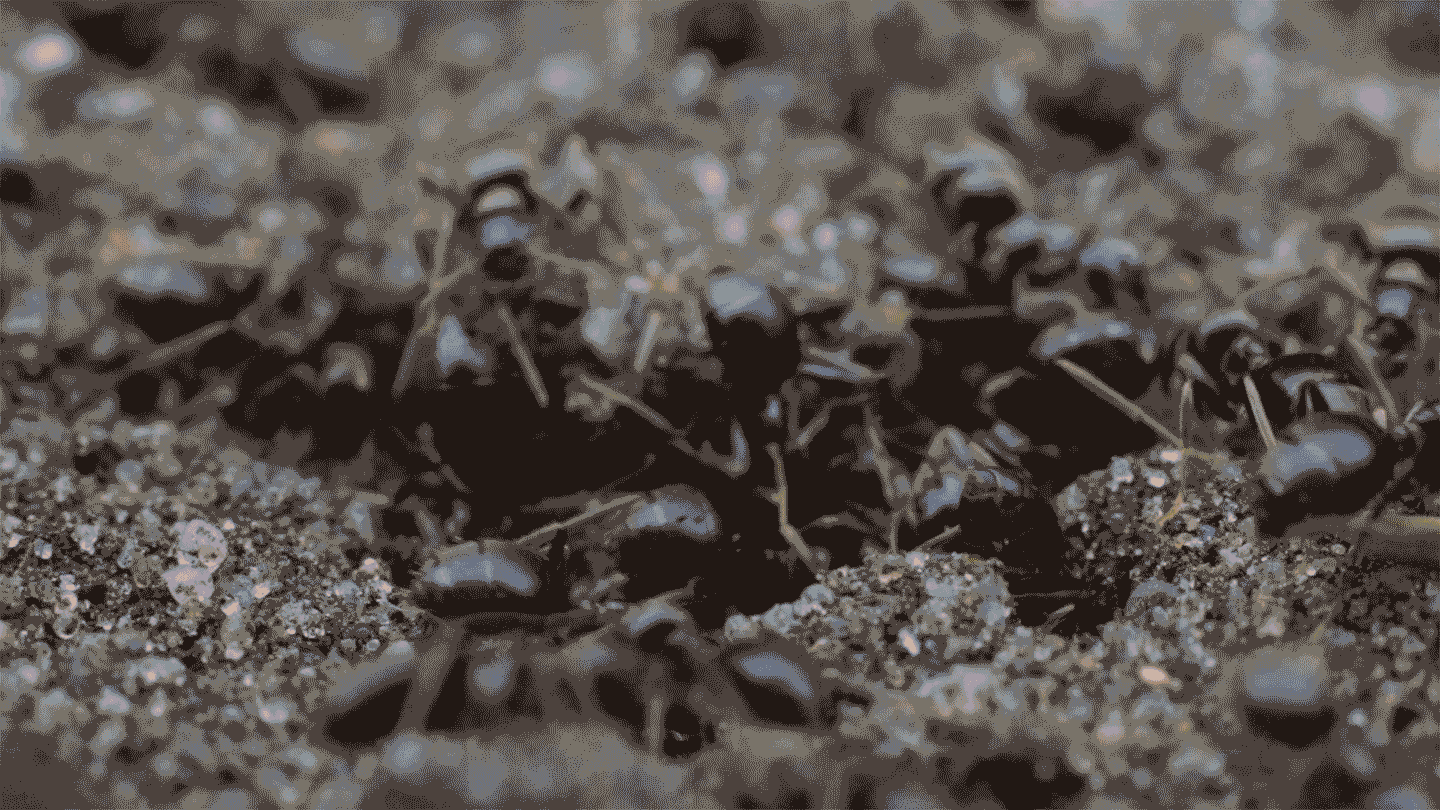 Animals
AnimalsAnts changed the architecture of their nests when exposed to a pathogen
Black garden ants made tweaks to entrances, tunnels and chambers that may help prevent diseases from spreading.
-
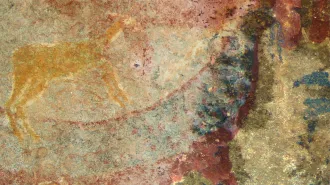 Anthropology
AnthropologyFossils of an extinct animal may have inspired this cave art drawing
Unusual tusks on preserved skulls of dicynodonts influenced the look of a mythical beast painted by Southern Africa’s San people, a researcher suspects.
By Bruce Bower -
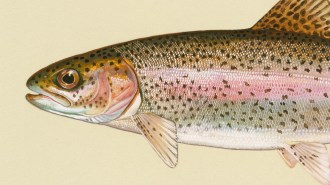 Neuroscience
NeuroscienceSome healthy fish have bacteria in their brains
Animals including mammals usually protect their brains from infiltrating microbes that can cause disease. But some fish seem to do just fine.
-
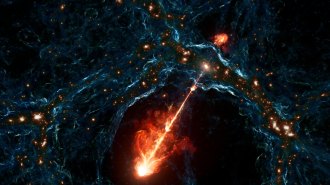 Space
SpaceMeet Porphyrion, the largest pair of black hole jets ever seen
The two plasma fountains, spanning 23 million light-years, could shape cosmic structures far beyond their home galaxy.
-
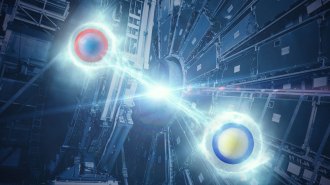 Particle Physics
Particle PhysicsThe Large Hadron Collider exposes quarks’ quantum entanglement
Top quarks and antiquarks produced in the Large Hadron Collider are entangled, a study shows.
-
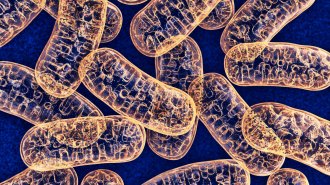 Neuroscience
NeuroscienceMitochondria can sneak DNA into the nuclei of brain cells
An analysis of tissue samples from nearly 1,200 older adults found that the more insertions individuals had, the younger they died.
-
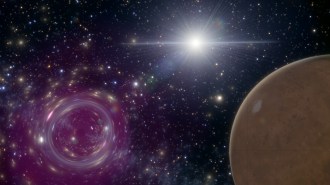 Physics
PhysicsHow to spot tiny black holes that might pass through the solar system
Flybys of primordial black holes may occur once a decade. Tweaks to the orbits of planets and GPS satellites could give away their presence.